Consumers today are becoming increasingly aware of the importance of adopting a healthier lifestyle, and one of the areas they are consciously improving is their dietary choices. As a result, organic products have gained significant popularity, especially in the fruit industry. In this article, we delve into the world of organic California raisins, exploring their benefits, production process, and the factors influencing their rising demand. The Benefits of Organic California Raisins: 1. Superior Nutritional Profile: Organic California raisins are a powerhouse of essential nutrients. They are rich in fiber, vitamins, and minerals, including iron, potassium, and calcium. These nutrients play a vital role in maintaining a healthy body and preventing various ailments. 2. Pesticide-free and Chemical-free: Organic farming methods prioritize the use of natural fertilizers and pest control methods, ensuring that no harmful chemicals or pesticides are used during cultivation. This factor makes organic California raisins a safe and healthy choice for consumers, reducing their exposure to potentially harmful substances present in conventionally-grown raisins.
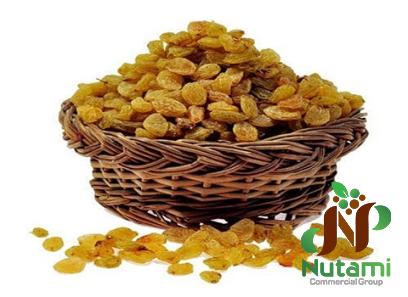
.
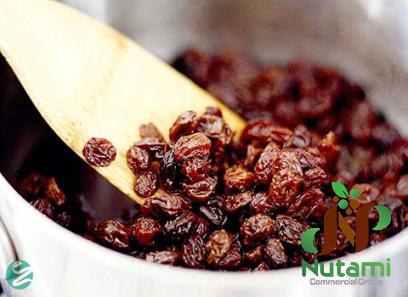 3. Enhanced Flavor and Texture: California raisins are known for their superior quality, derived from the state’s ideal climate and fertile soil. Organic cultivation methods further enhance the natural flavors and texture of raisins, making them a delicious and wholesome snack. The Production Process of Organic California Raisins: 1. Organic Certification: To earn the organic label, farmers must adhere to strict regulations set by certifying bodies such as the United States Department of Agriculture (USDA). These regulations prohibit the use of artificial fertilizers, synthetic pesticides, and genetic modification. 2. Soil Management: Organic farmers focus on maintaining the health of the soil through techniques like crop rotation, composting, and natural amendments. This ensures the long-term sustainability of the land and the quality of the raisins produced.
3. Enhanced Flavor and Texture: California raisins are known for their superior quality, derived from the state’s ideal climate and fertile soil. Organic cultivation methods further enhance the natural flavors and texture of raisins, making them a delicious and wholesome snack. The Production Process of Organic California Raisins: 1. Organic Certification: To earn the organic label, farmers must adhere to strict regulations set by certifying bodies such as the United States Department of Agriculture (USDA). These regulations prohibit the use of artificial fertilizers, synthetic pesticides, and genetic modification. 2. Soil Management: Organic farmers focus on maintaining the health of the soil through techniques like crop rotation, composting, and natural amendments. This ensures the long-term sustainability of the land and the quality of the raisins produced.
..
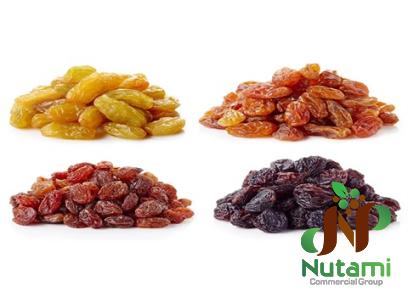 3. Pest Control: Organic farmers employ various pest control strategies, such as introducing natural predators, using physical barriers, and implementing cultural practices to discourage pests. These methods promote a healthy ecosystem while minimizing damage to the crop. Factors Driving the Demand for Organic California Raisins: 1. Health-conscious Consumers: With an increasing focus on health and nutrition, consumers are actively seeking out organic products. Organic California raisins fit perfectly into this trend, offering a nutritious alternative to snacks laden with artificial additives and preservatives. 2. Sustainable Agriculture: As awareness of the environmental impact of conventional farming practices grows, consumers are opting for ethically produced foods. By choosing organic California raisins, consumers support sustainable agriculture that protects soil health, water resources, and biodiversity.
3. Pest Control: Organic farmers employ various pest control strategies, such as introducing natural predators, using physical barriers, and implementing cultural practices to discourage pests. These methods promote a healthy ecosystem while minimizing damage to the crop. Factors Driving the Demand for Organic California Raisins: 1. Health-conscious Consumers: With an increasing focus on health and nutrition, consumers are actively seeking out organic products. Organic California raisins fit perfectly into this trend, offering a nutritious alternative to snacks laden with artificial additives and preservatives. 2. Sustainable Agriculture: As awareness of the environmental impact of conventional farming practices grows, consumers are opting for ethically produced foods. By choosing organic California raisins, consumers support sustainable agriculture that protects soil health, water resources, and biodiversity.
…
 3. Rising Food Allergies and Sensitivities: Many individuals are now avoiding foods treated with synthetic chemicals, as they can trigger allergies and sensitivities. Organic California raisins provide a safe and healthy option for those who are mindful of potential allergens and want to make informed food choices. Conclusion: Organic California raisins offer numerous benefits, ranging from their superior nutritional profile to their environmentally friendly cultivation methods. As consumers become increasingly health-conscious and environmentally aware, the demand for organic products, including raisins, continues to rise. By harnessing nature’s bounty, organic California raisins provide a delicious and nutritious snack alternative that aligns perfectly with the modern consumer’s desire for healthier food choices.
3. Rising Food Allergies and Sensitivities: Many individuals are now avoiding foods treated with synthetic chemicals, as they can trigger allergies and sensitivities. Organic California raisins provide a safe and healthy option for those who are mindful of potential allergens and want to make informed food choices. Conclusion: Organic California raisins offer numerous benefits, ranging from their superior nutritional profile to their environmentally friendly cultivation methods. As consumers become increasingly health-conscious and environmentally aware, the demand for organic products, including raisins, continues to rise. By harnessing nature’s bounty, organic California raisins provide a delicious and nutritious snack alternative that aligns perfectly with the modern consumer’s desire for healthier food choices.

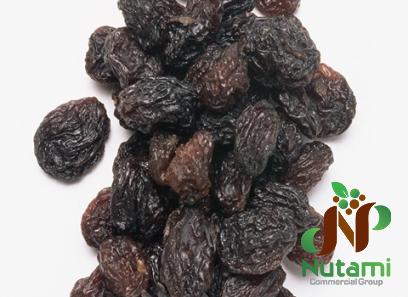

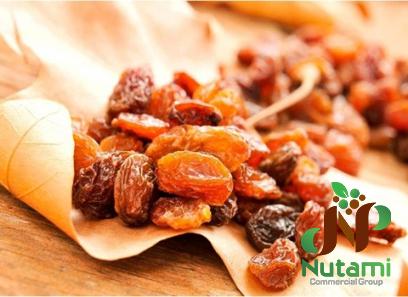

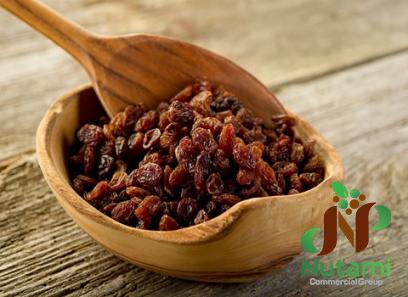
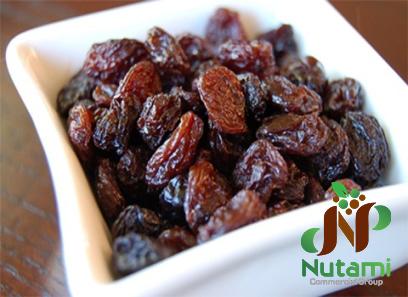
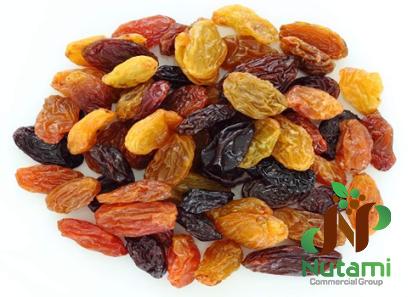
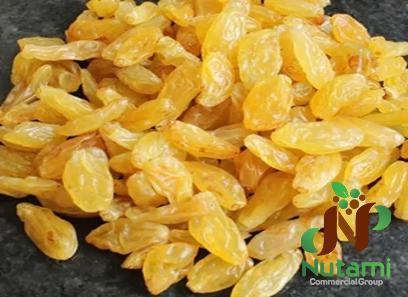
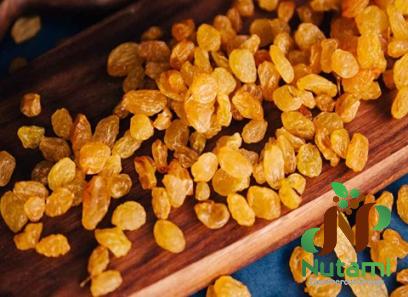

Your comment submitted.